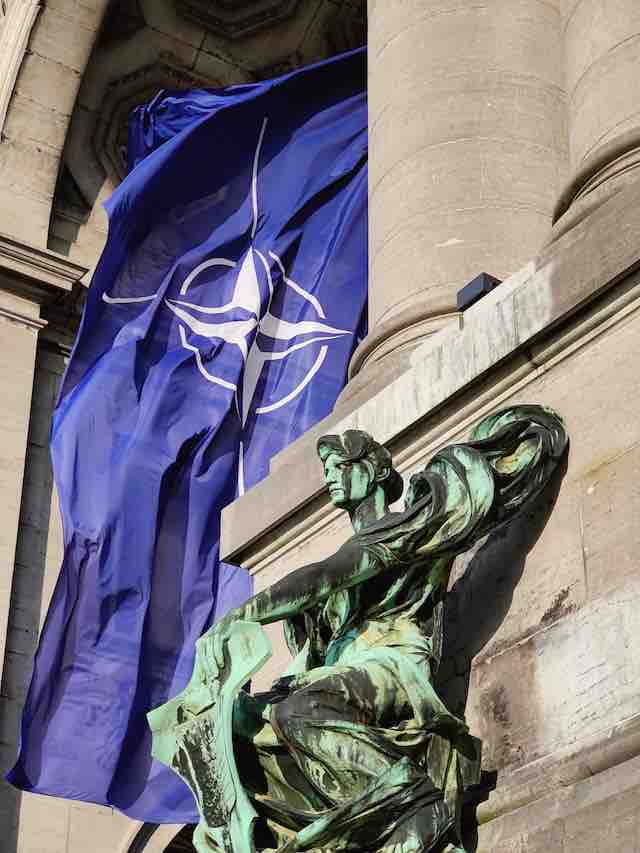NATO, an intergovernmental military alliance, has been instrumental in promoting security and cooperation among member countries. Among its member nations, Greece and Turkey have faced a history of strained relations due to unresolved disputes and conflicting interests. However, in a recent development, both countries have pledged to ‘reset’ their ties, raising hopes for a new era of diplomacy and collaboration. This article delves into the significance of this commitment and its potential to address the longstanding issues between Greece and Turkey.
Understanding the Historical Context:
The disputes between Greece and Turkey have their roots in historical, territorial, and political factors. Issues such as territorial claims, resource exploration, and conflicting interests in the Aegean Sea and the Eastern Mediterranean have fueled tensions between the two nations. These disagreements have often resulted in diplomatic standoffs, military confrontations, and strained relations. However, the recent commitment to ‘reset’ ties signifies a willingness to move beyond the past and seek diplomatic solutions.
The Importance of NATO’s Mediation:
As NATO members, Greece and Turkey share a common security framework, making the alliance an essential platform for dialogue and conflict resolution. By pledging to reset their ties within the NATO framework, both countries recognize the significance of maintaining stability and cooperation in the region. This commitment not only reflects the value of collective security but also highlights the potential for NATO’s mediation in resolving longstanding disputes.
The Potential Benefits of Reconciliation:
Resetting ties between Greece and Turkey can have far-reaching benefits. First and foremost, it would reduce the likelihood of military confrontations and promote stability in the region. Enhanced cooperation in areas such as trade, tourism, and energy resources could foster economic growth and improve the overall well-being of the people in both countries. Additionally, this renewed commitment to diplomacy could set a positive precedent for resolving other conflicts within the region.
Overcoming Challenges and Building Trust:
While the pledge to reset ties is undoubtedly a positive step forward, it is essential to acknowledge the challenges that lie ahead. Rebuilding trust and finding mutually acceptable solutions will require sustained efforts from both sides. Confidence-building measures, diplomatic negotiations, and open lines of communication will play crucial roles in overcoming the obstacles that have hindered progress in the past.
International Implications:
The reset of ties between Greece and Turkey extends beyond their bilateral relationship. It has broader implications for regional stability and international cooperation. The normalization of relations between these two NATO members would strengthen the alliance and reaffirm its commitment to resolving conflicts peacefully. Moreover, it would contribute to a more stable and predictable geopolitical landscape, benefiting neighboring countries and international actors involved in the region.
Conclusion:
The pledge by NATO members Greece and Turkey to ‘reset’ ties marks a significant milestone in their relationship, offering hope for a resolution to longstanding disputes. As both countries embrace dialogue and diplomacy, they have the opportunity to overcome historical grievances and work towards a cooperative future. By leveraging the collective strength and support of NATO, Greece and Turkey can foster stability, economic growth, and mutual understanding. This promising development not only holds regional significance but also highlights the importance of peaceful conflict resolution in the global arena.












